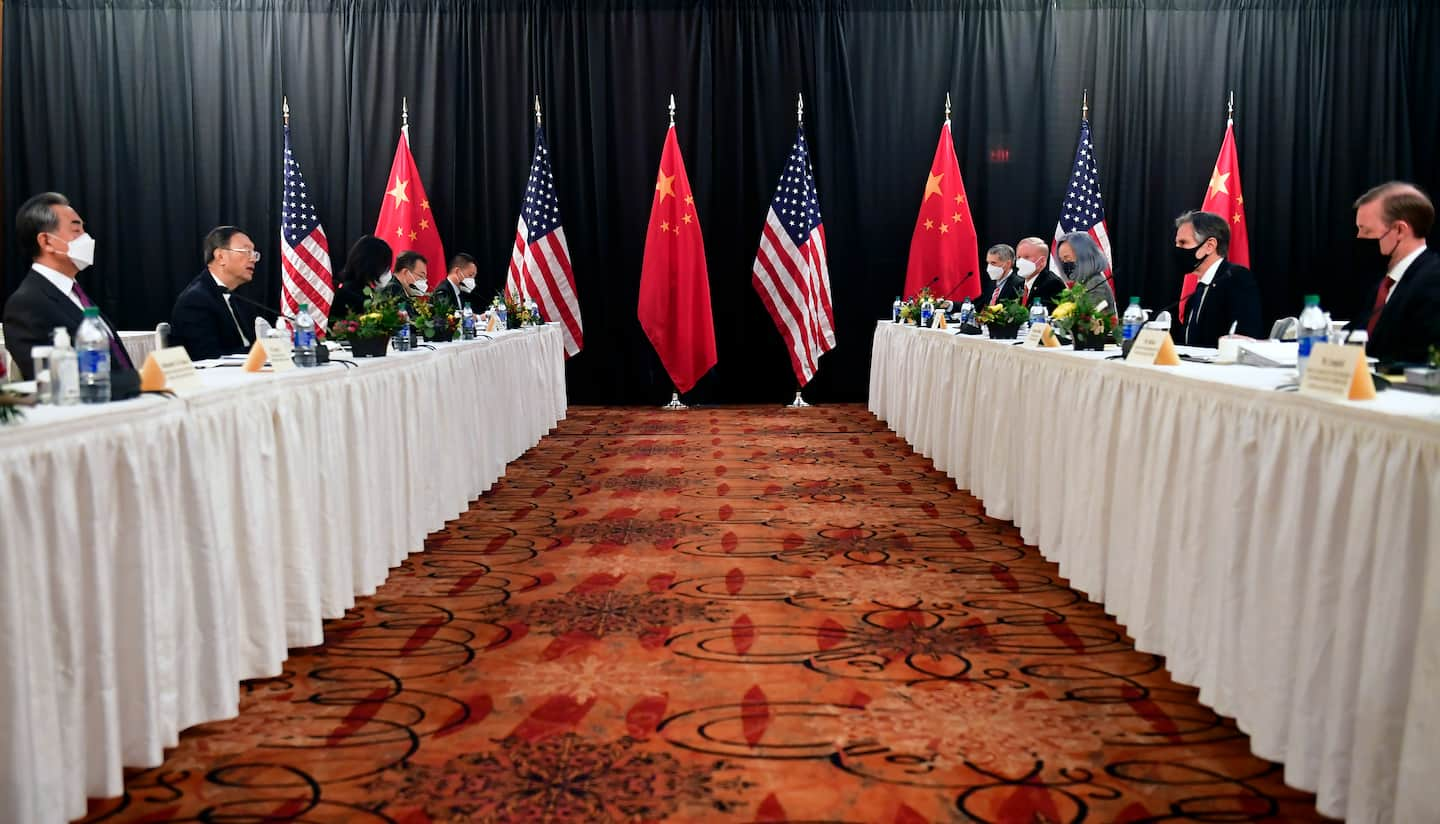Why holding China accountable for coronavirus is just the tip of the diplomatic iceberg

In a broad sense, that signals an acceleration of a shift from decades of trade policy driven by a desire for a more open, free exchange of goods — but also a clearer recognition that the United States needs to take a harder economic stance against a country that is willing to bend the rules.
The Biden administration says that transparency is important — and Biden said early in his presidency that he’s “interested in getting all the facts” before taking any action. That’s in contrast to the Trump administration, during which officials regularly used racist terms to describe the virus and used its origins in China as a political wedge.
“To better understand this pandemic and prepare for the next one, China must make available its data from the earliest days of the outbreak,” national security adviser Jake Sullivan wrote last month.
But it’s also clear that Biden and his top diplomats thought there needed to be a reset with China — and are using much tougher language in diplomatic negotiations on other issues.
A close look at what Biden and the State Department are saying about China reveals it’s becoming a real rivalry for global dominance.
Secretary of State Antony Blinken said in a March 3 speech that “China is the only country with the economic, diplomatic, military and technological power to seriously challenge the stable and open international system — all the rules, values and relationships that make the world work the way we want it to.”
Blinken acknowledged the U.S.-China relationship is broadly getting testier in a March 28 CNN interview.
“There are clearly and increasingly adversarial aspects of the relationship,” Blinken said. “There are certainly competitive ones. There are also still some cooperative ones. But the common denominator is the need to approach China from a position of strength.”
Just like Blinken, the White House’s key word here seems to be “strength.”
“A big part of the strategy is approaching our relationship with China from a place of strength and strengthening our own economy at home, investing in the middle class, looking at it through the prism of competition, not conflict,” White House press secretary Jen Psaki said at a briefing this month.
While competition is a nicer word than conflict, if the tone of early diplomatic meetings is anything to go by, things aren’t going to get any less contentious as the Biden administration settles in. And the origins of the coronavirus — while important for transparency and in building safeguards to prevent another pandemic — might ultimately be a small issue compared to the rising rivalry for global dominance.






